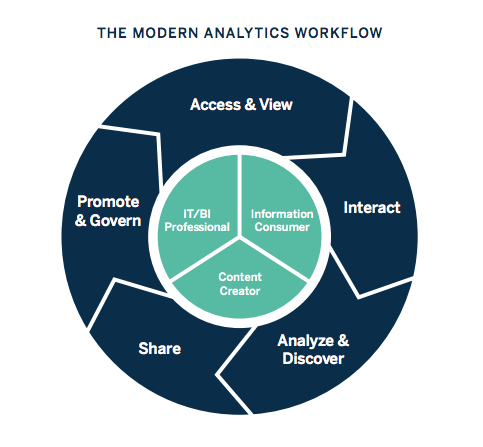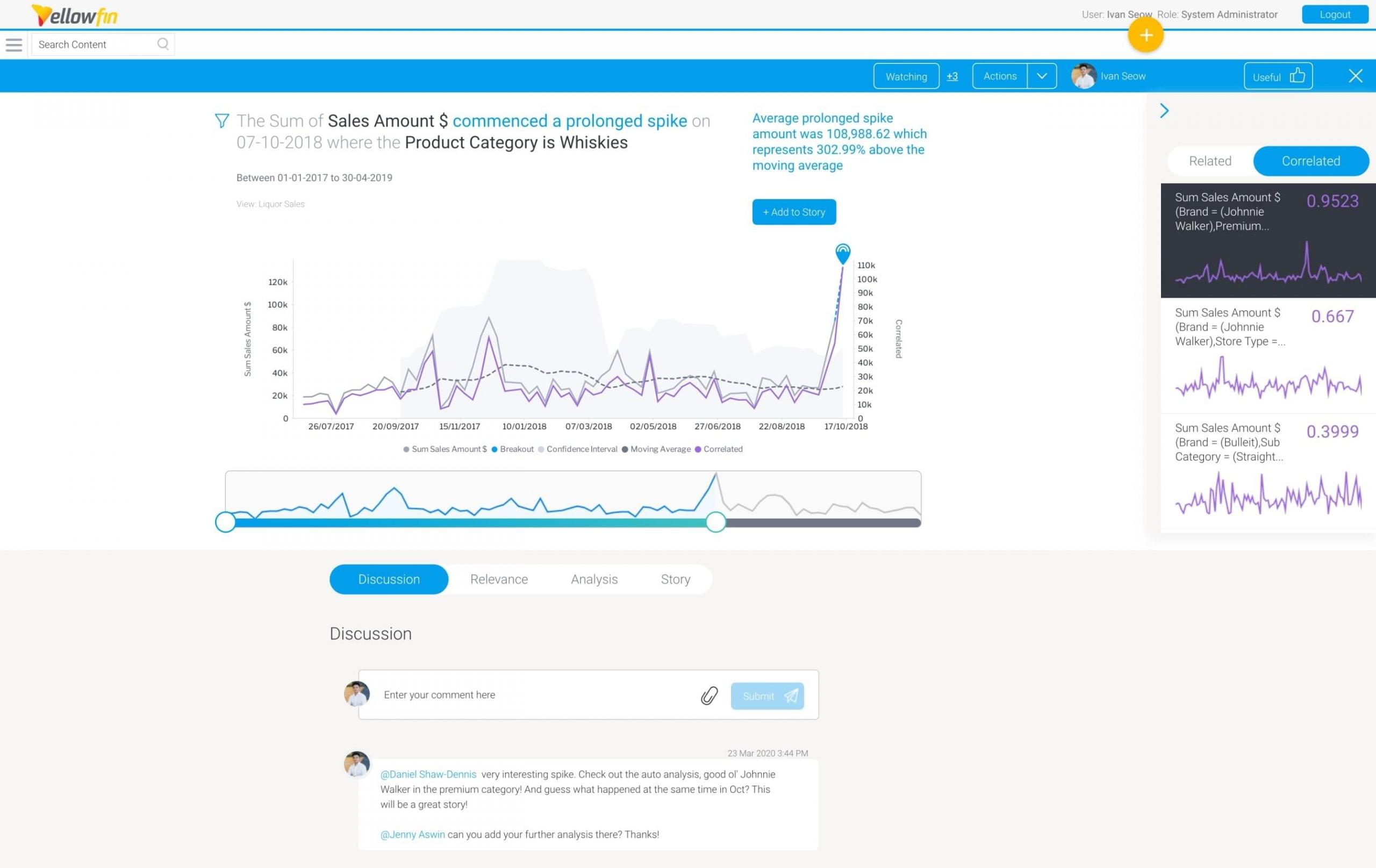

The data analysts then run queries against the models and the data sets.Data sets are made and set up for analysis by creating robust data analysis models.


The Two Primary Types of Business Intelligence Strategic Business IntelligenceĪlso known as auto-delivered intelligence, it is a type of business intelligence which is related to generating reports from the data warehouse or data source. It answers the why side of the business queries, helping managers make sound predictions and anticipate the outcome of a new business decision. to know the likelihood of any future outcomes. It makes use of data mining, machine learning, and modeling etc. It answers the how and what side of a business so that the managers can replicate what works and change what doesn’t.īusiness analytics, on the other hand, looks into predictive analysis. BI focuses more on the descriptive analytics that provide gist of present and historical data to show what is happening now and what has happened earlier. The biggest difference in business intelligence and business analytics lies in the questions that they answer. Business Intelligence vs Business Analytics Now even though business intelligence has established itself as a key part of attaining business objectives, there is still some confusion around the meaning of BI and business analysis. that gather and analyze data sets to then present the analytic findings in summary, report, dashboard, chart, map, etc. There are several BI tools like Tableau, Microsoft Power BI, etc. Moreover, the technology can be used for keeping track of member retention, generating sales reports, and showing the status of prospects to customers’ journey. Use cases of BI in corporate setup can be seen in how a company which wishes to manage the supply chain better uses BI to identify the cause of delays and where variabilities exist in the shipping journey. These insights are used by the organization to make better tactical and strategic decisions.
LIST OF BUSINESS INTELLIGENCE APPLICATIONS SOFTWARE
What is Business Intelligence?īusiness intelligence or BI as it’s usually called, uses services and software to convert data into actionable insights.

While we will start with the basics of what business intelligence stands for, we will go through the different facets of the technology to then look into the role that the technology plays in making businesses successful. In this guide, we have brought you an A-Z list of details that you need to incorporate business intelligence in your operative model with complete confidence. Right from traditional sectors like banking and healthcare to flourishing domains like Edtech and InsurTech, business intelligence has found a use case in every sector you can think of.įor a business and an entrepreneur that aims to be a name in the future, it is an undeniable fact that they have to understand what is business intelligence and how they can incorporate it and take advantage of it. With a forecasted growth rate of 30.6% by the year 2025, the adoption of business intelligence across industries is becoming extremely widespread and urgent.


 0 kommentar(er)
0 kommentar(er)
